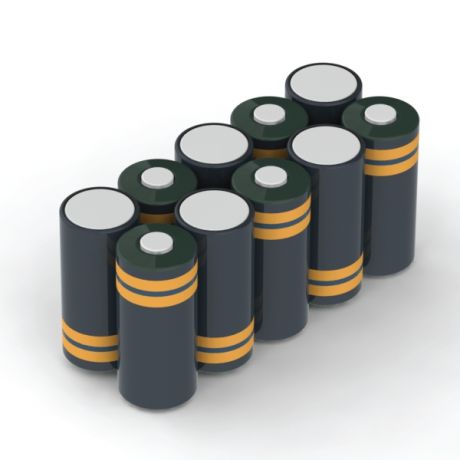Efficient energy storage technology remains the missing link for intermittent energy sources. However, within CONFIES (New concepts in ceramic conducting oxides for improved energy storage devices), researchers looked beyond conventional materials for rechargeable batteries that can boast more energy density.
Allowing a wide array of stoichiometries and crystal structures, ceramic materials possess highly desirable electrochemical properties for rechargeable batteries such as lithium-ion or lithium-air. Researchers developed new ceramic oxides using a new branch of materials science, namely soft chemistry. They prepared different families of lithium conductors such as perovskite structures, garnets and pyrochlore-based materials.
Through X-ray diffraction measurements, researchers optimised synthesis conditions to obtain high-purity phases with the desired crystal structure. In addition, they used inductively coupled plasma optical emission spectrometry to study their chemical composition. Analysis of the sample microstructure was provided by scanning electron microscopy. The grain shape and boundaries were revealed through thermal etching. Other tasks included electrochemical impedance spectroscopy measurements.
Except for commercial batteries, project results have important implications for high-temperature electrolysis systems that can store energy as hydrogen. CONFIES results were disseminated through 6 papers, 20 conferences, and 5 seminars and workshops.

